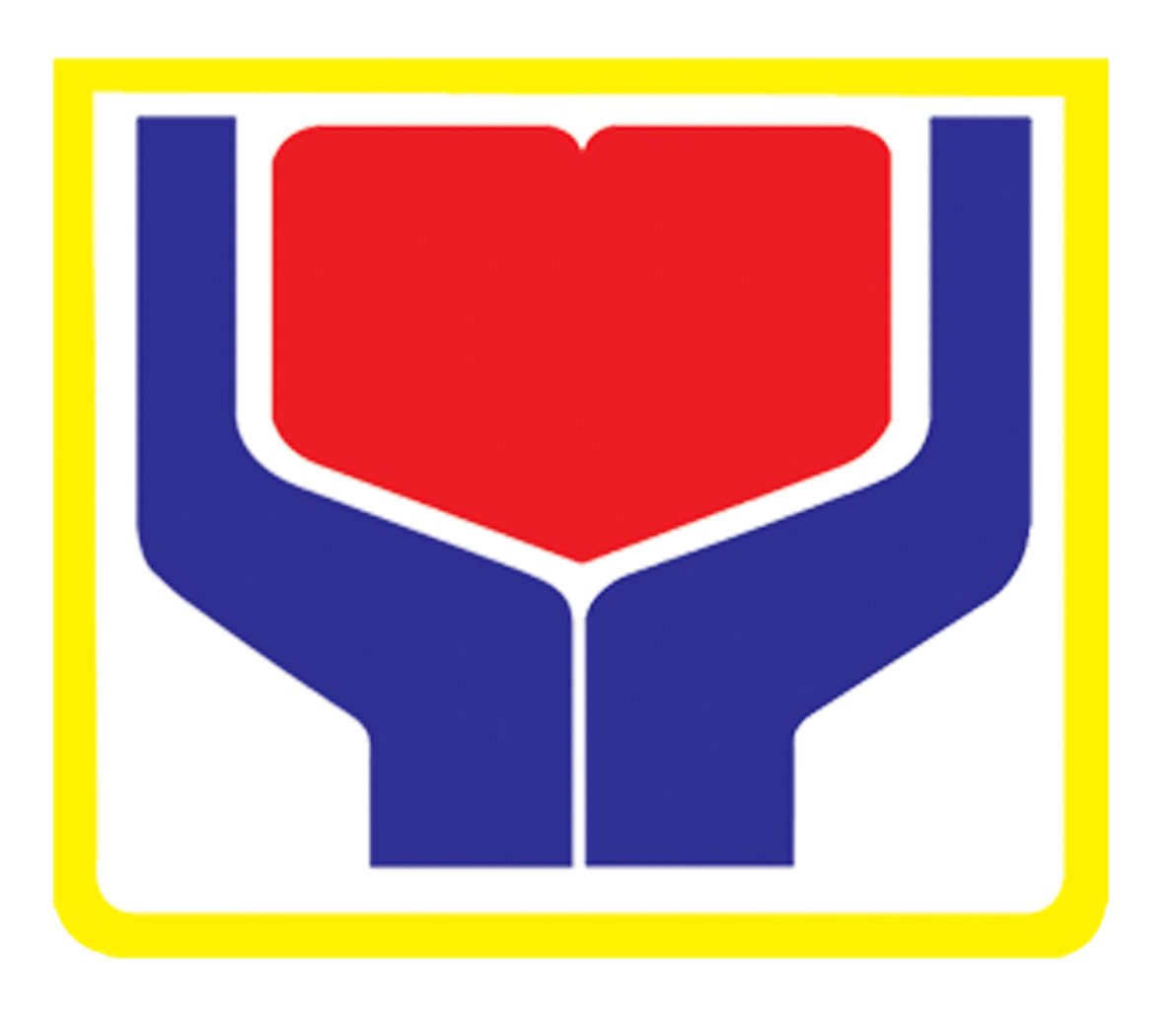DSWD Secretary Corazon Juliano-Soliman pays full attention to a parent leader from Antipolo City, Rizal Province during her dialogue with more than 120 parent leaders in the said city last March 7, 2015. In the dialogue, Sec. Soliman encouraged the beneficiaries to continuously work hard to improve their lives and help the agency in showing the public the impact of the program to the lives of poor families like them.***
*********************************************************************
SEC. SOLIMAN URGES BENEFICIARIES TO IMPROVE THEIR LIVES
Department of Social Welfare and Development (DSWD) Secretary Corazon Juliano-Soliman encouraged the beneficiaries of the Pantawid Pamilyang Pilipino Program to continue helping their respective families to improve their lives during a dialogue with more than 120 parent leaders of the Pantawid Pamilya program from Antipolo City, Rizal Province last March 7.
Sec. Soliman reminded the beneficiaries that the Pantawid Pamilya program is not the only solution towards improving their lives.
“Ang pamahalaan ay tumutulong lang sa mga benepisyaryo, pero ang pagbabago ay bunga ng pagsisikap n’yo (referring to the beneficiaries),” shared Sec. Soliman.
The parent leaders, on the other hand, commit towards improving their lives through continuously using the cash grants for the health and educational needs of their children as well as through applying their learning from the monthly Family Development Sessions (FDS).
The FDS is a monthly gathering of parent-grantees of the Pantawid Pamilya program that teaches them on various topics including strengthening marital relationships, rights of children, positive discipline, budget management and disaster preparedness, among others. The grantees’ attendance to the FDS is one of their co-responsibilities with the program, together with their children’s 85 percent monthly school attendance and monthly preventive health checkups.
“Patuloy naming isasabuhay ang lahat ng aming natutunan mula sa FDS dahil maliban sa cash grants na aming natatanggap, ang mga aral sa FDS ang aming magagamit para sa pagbabago ng aming pamilya,” shared Alfonso Robles, one of the parent leaders during the dialogue.
‘We are not lazy’
Sec. Soliman also encouraged the beneficiaries to share their experiences about the program, especially in answering critics and showing the public that the program is providing positive change to its beneficiaries.
“Kailangan nating ipakita sa publiko na tunay ngang nakakatulong ang programa kaya napakahalaga na ibahagi o ikwento ninyo ang mga pagbabagong nangyayari sa inyo,” said Sec. Soliman.
She added that majority of the critics of the program today claims that the program only teaches the beneficiaries to be lazy, which all the participants disagree about.
“Hindi kami umaasa sa pera na natatanggap namin mula sa programa, nagtatrabaho pa rin kami para masuportahan ang aming pangangailangan dahil hindi naman kami mabubuhay kung d’yan lang kami aasa. Itutuloy tuloy namin ang pagsisikap hanggang mawala kami sa kahirapan,” shared Josephine Orbita, another parent leader.
Sec. Soliman emphasized to the beneficiaries that the cash grant from the program is very minimal as compared to the needs of a family. Hence, she shared that for the beneficiaries to get out of poverty, they must continuously work hard and not depend on the program completely.
Ensuring poor children finish high school
Sec. Soliman also highlighted the need for the beneficiaries to invest on the education of their children, especially now that the program is assisting child-beneficiaries until they reach 18 or finish high school.
“Ang Pantawid Pamilya ay namumuhunan sa mga kababayang nangangailangan para makapagtapos ng elementarya at high school ang mga bata. Sasabayan po kayo ng programa hanggang sa makatapos ng high school ang mga anak n’yo. Sa pamamagitan nito, sinisigurado natin na magkakaroon ng dekalidad na trabaho ang mga kabataan ngayon,” she added.
In 2014, the Pantawid Pamilya expanded its age coverage of child-beneficiaries to support them until they finish high school. The program now supports zero to 18 years old children and provides a higher grant amount of Php500 per child for those enrolled in high school. The five-year limit of a family-beneficiary in the program no longer applies as the program will support a family-beneficiary until all three children reach 18 years old or finish high school, whichever comes first.***
